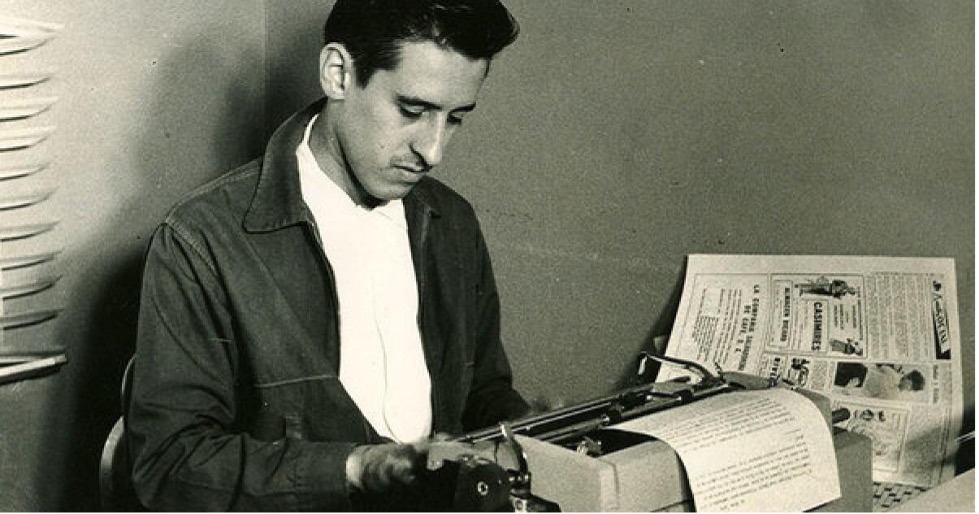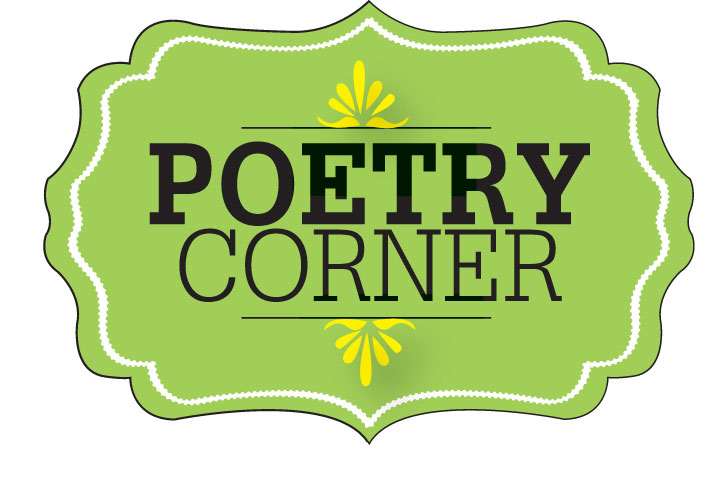Thoughts and Considerations for National Poetry Month
By Norah Christianson
April, yes, and you might have heard that April is National Poetry Month. APRIL not because, as I used to think, Shakespeare was both born and died in April, and not because in April the blooming world looks like a poem, but because the Academy of American Poets deemed it so in 1996 so as to increase awareness of poetry in the U.S. We are a lot unaware. Betcha you don’t know who our Poet Laureate is!
Not too many of us think about poetry. Less read it. But poetry dates back to pre-evolution times when chanting and singing and speaking poetry helped cohere group bondings. The oral poetry was also, besides being “entertainment,” the oral history of a social group.
The word “poetry” comes from the Greek word “poico,” meaning “I create.” These oral recitations, known as epics, were very long. It astounds me that they could have been kept intact through memory alone. To sing or recite these long epics, the poet would perform the poem in sections over the course of several days. In classical Greek, performers of epic poetry were called “rhapsōidos.” In much earlier epics, the performer was called “aoidos,” meaning simply “singer.” When writing was invented, epics began to be written down. The oldest epic, a Sumerian poem called “Epic of Gilgamesh” dating back to 2100 BC ( ! ) was written down on clay tablets in cuneiform script.
Homer’s “Iliad” and “Odyssey” were written down around 750 BC. Britain’s epic, “Beowulf,” was finally written down around 1000 AD. Around 1436, when Gutenberg invented the printing press, Chaucer’s “Canterbury Tales” finally became available to those who could read.
So. Poetry is as old as man. Old, old, old. We need it. We’ve always needed it. I’m thinking that a practice of the human being that is this old must be a basic physical and psychical necessity. (Psychical, obviously. But physical, too, because poetry has rhythm and man needs to move, wants to dance.) There’s something William Carlos Williams wrote that has always stayed with me. In his long poem “Asphodel, that Greeny Flower,” Williams wrote: “It is difficult/to get the news from poems/yet men die miserably every day/for lack/of what is found there.”
Men don’t literally die, of course, but our souls can die, our spirits shrivel without the “news” in a poem—i.e., the philosophies, the perspectives, the ideas of the poet, the beautiful language. What we experience, what we see and feel, is often limited. Poetry expands our little lives. We learn things. We feel things we may never otherwise have felt in our set lives. The poet helps us see the world in a fresh way. A poet’s work is to “…shape the world, and stop it going to sleep.” (Salman Rushdie) I smile when I think of our own poet, Wallace Stevens (an executive, from 1916 on, in the Hartford Insurance Company now known as “The Hartford”), who said of poets: “A poet looks at the world the way a man looks at a woman.”
I mourn, it crazes me, that banning books has become common now in our country. It is cultural destruction, nothing less. I vaguely remembered something William Blake wrote about this far back in the late 1700’s. So I went hunting for my old raggedy college text book and found what Blake said: “Poetry fettered, fetters the human race, Nations are destroyed or flourish in proportion as their poetry, painting, and music are destroyed or flourish.” This is true of any kind of art or writing. Men die for lack of what is found there.
Poetry is for everyone, and if we don’t read it, we are still getting it from our aoidos, our singers, all those wonderful songs we’ve heard from childhood on up. Think of the lyrics to “Bridge Over Troubled Water” (Simon and Garfunkel), “All The Lonely People” (The Beatles), “Dido’s Lament” (Henry Purcell), “Lucille” (Roger Bowling and Hal Bynum),“Summertime” (George Gershwin), “Hallelujah” (Leonard Cohen), “What a Wonderful World” (Bob Thiele and George Weiss), “All My Trials” (folk song), and on and on.
You’ve seen this little poem before in the Stratford Crier, but it’s worth reading again in honor of National Poetry Month—

Like You
by Roque Dalton (1935 – 1975)
–translated from the Spanish by Jack Hirschman
(italics mine)
Like you I
love love, life, the sweet smell
of things, the sky-blue
landscape of January days.
And my blood boils up
and I laugh through eyes
that have known the buds of tears.
I believe the world is beautiful
and that poetry, like bread, is for everyone.
And that my veins don’t end in me
but in the unanimous blood
of those who struggle for life,
love,
little things,
landscape and bread,
the poetry of everyone.

